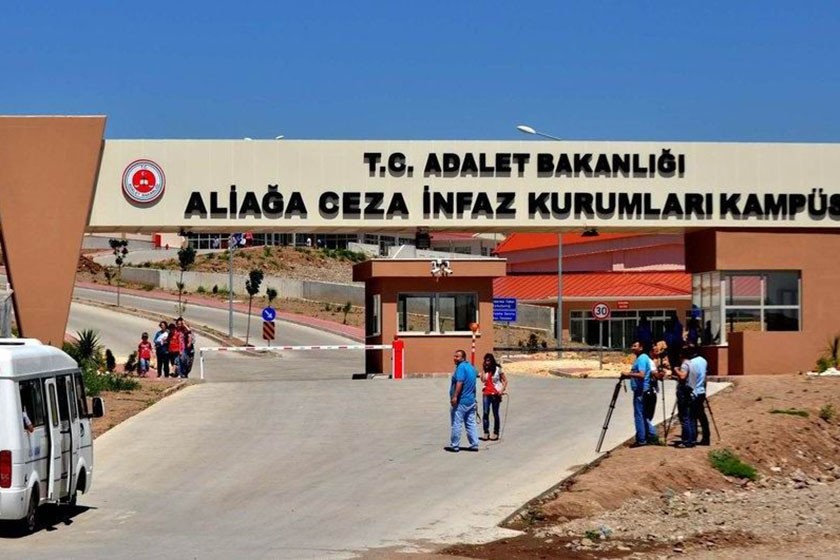According to the Artı Gerçek news website, a total of 31 prisoners in a correctional facility located in the İzmir province of Turkey have had their telephone and visitation rights revoked.
The prisoners underwent an inquiry for observing the so-called Kobani resistance on July 19, during which they purportedly sung Kurdish songs and shouted slogans. The investigation was completed on August 12 and a decision was made to take disciplinary action against the inmates.
Kobani, a town in northern Syria, became a flashpoint in the 2014-2015 battle between Kurdish forces, primarily the People’s Protection Units (YPG), and militants from the Islamic State of Iraq and Syria (ISIS). The Kurdish forces’ defence of the town garnered significant attention and resulted in demonstrations of support from Kurds in different areas. This included Turkey, where expressions of solidarity with Kobani have frequently faced scrutiny, especially in a political environment where the state closely monitors Kurdish political movements.
26 detainees were subjected to a one-month prohibition on telephone usage by the jail administration, while five others received one-month prohibitions on visits. The detainees have lodged appeals against the judgments, and hearings are set to take place on September 18 in İzmir.
Those impacted include Lemiya Asu, Aynur Epli, Rozerin Kalkan, Nuran Durak, and Güler Bilen, who were anticipated to be granted parole this month. Their families anticipate that these punitive actions will also result in a delay in their release.
Bilen, who was convicted of terrorism at the age of 17, has been incarcerated for a period of 32 years and is currently serving a life sentence. She has a heart valve ailment and her family is concerned that the disciplinary actions would delay her discharge even more.
As per the Turkish Penal Code, those found guilty of being part of a terrorist group might be granted parole if they have completed two-thirds of their sentence.
The family’s concerns are well-founded, as prison authorities have already implemented measures that have made it more challenging for political prisoners to be granted release. According to lawyers, there is a concerted effort to obstruct the release of numerous political prisoners who have been imprisoned for an extended duration.



